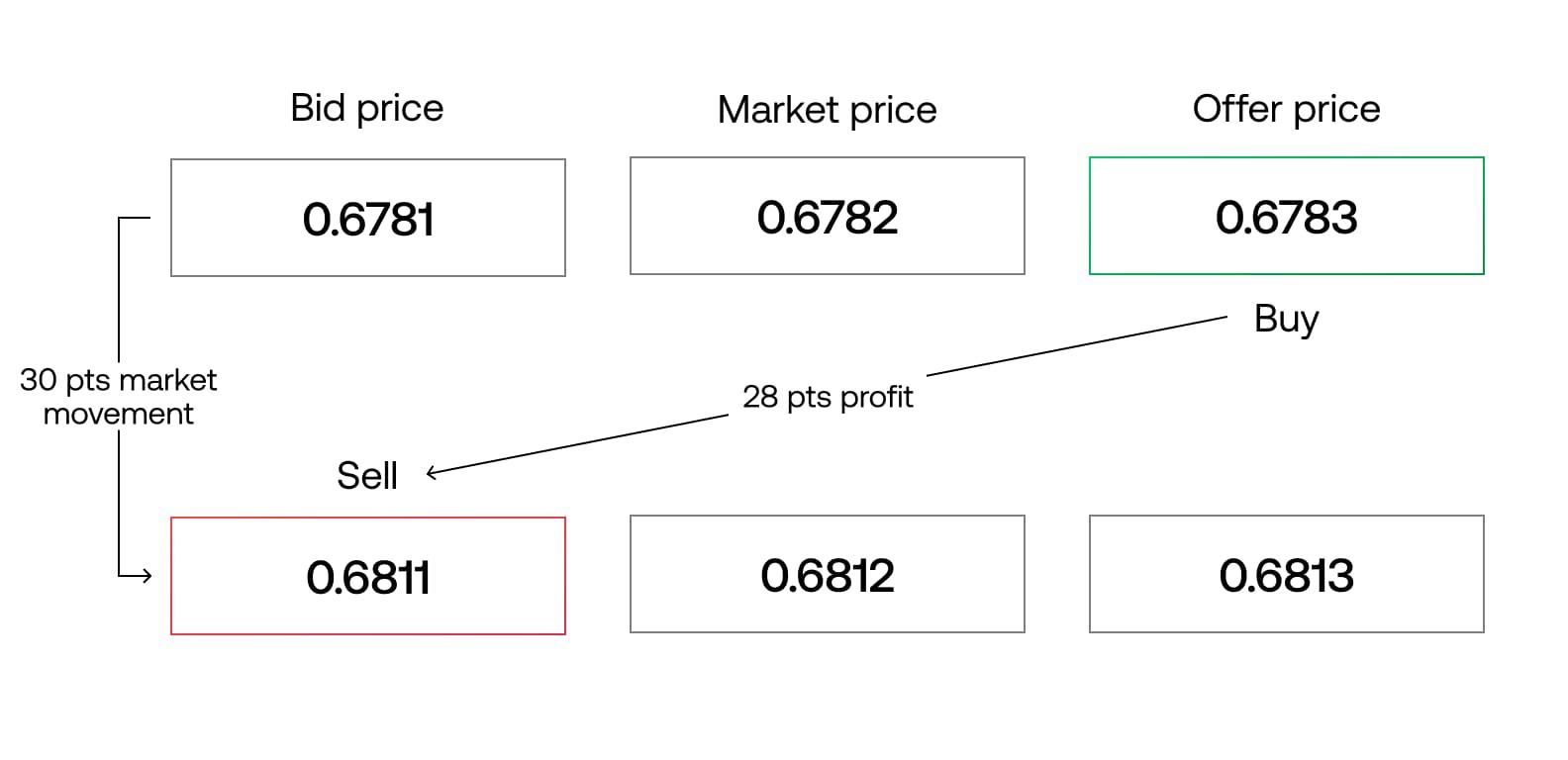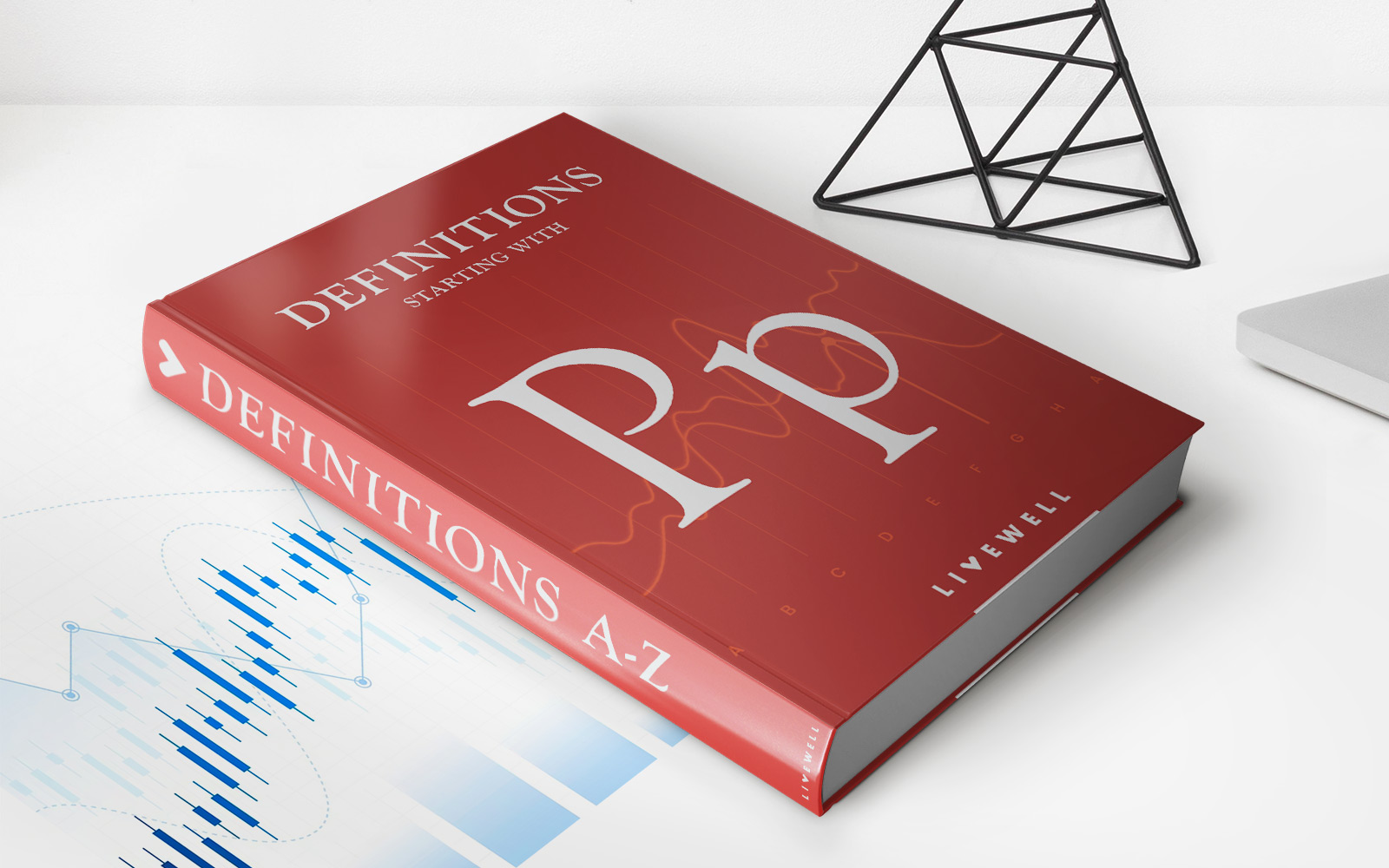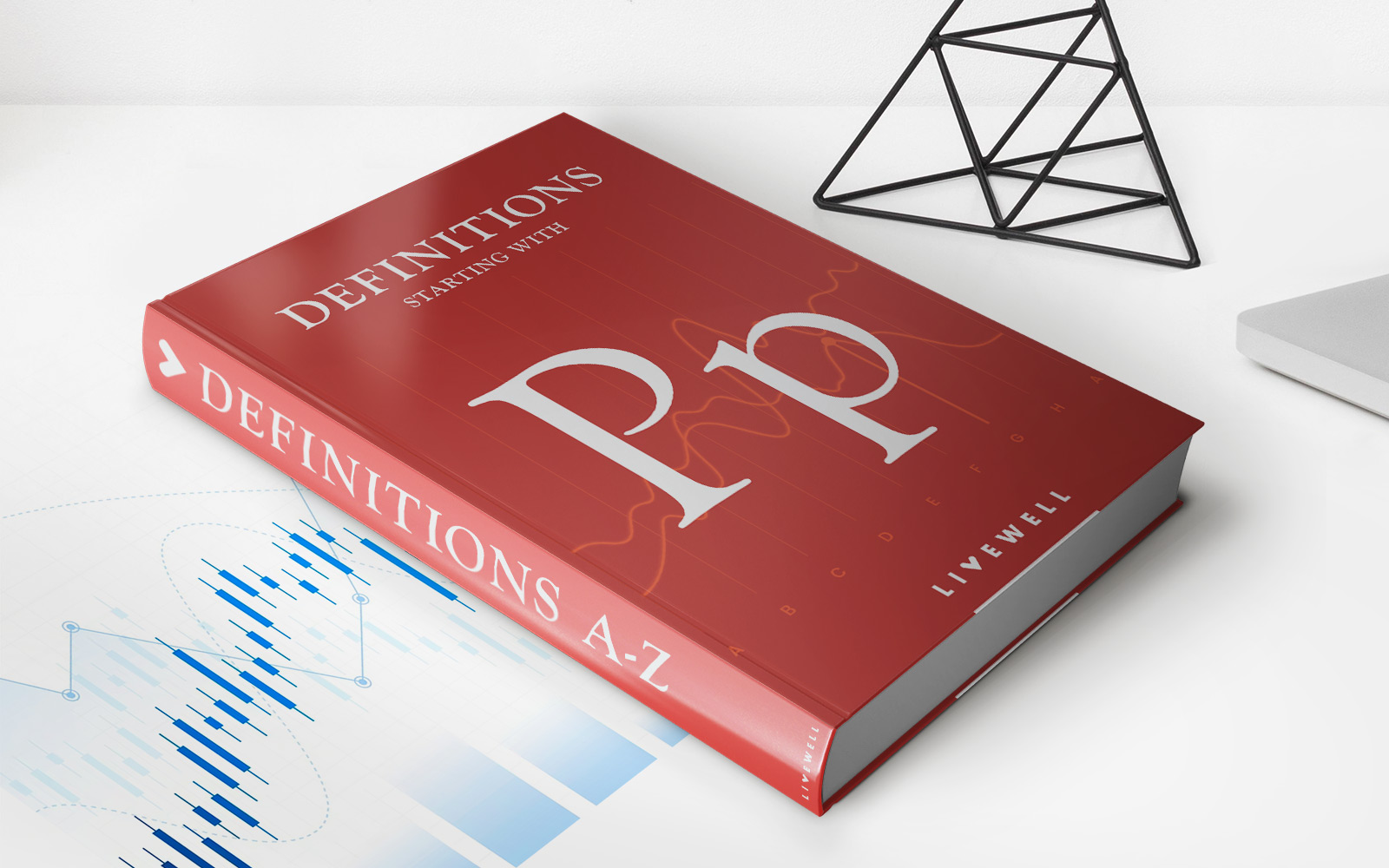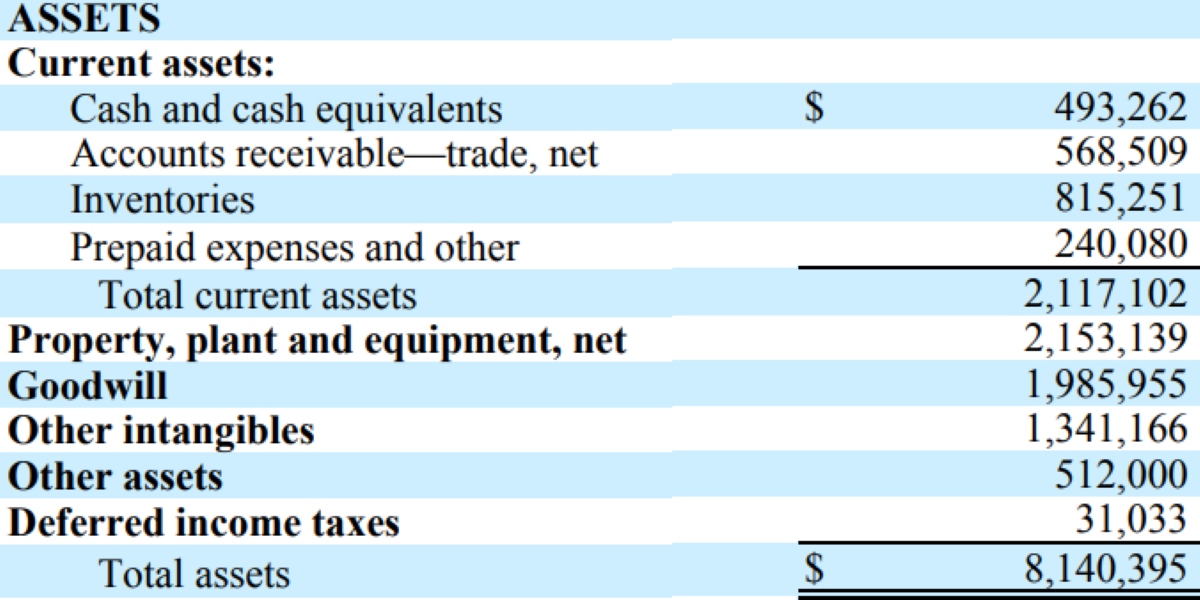Home>Finance>Major Pairs: Definition In Forex Trading And How To Trade
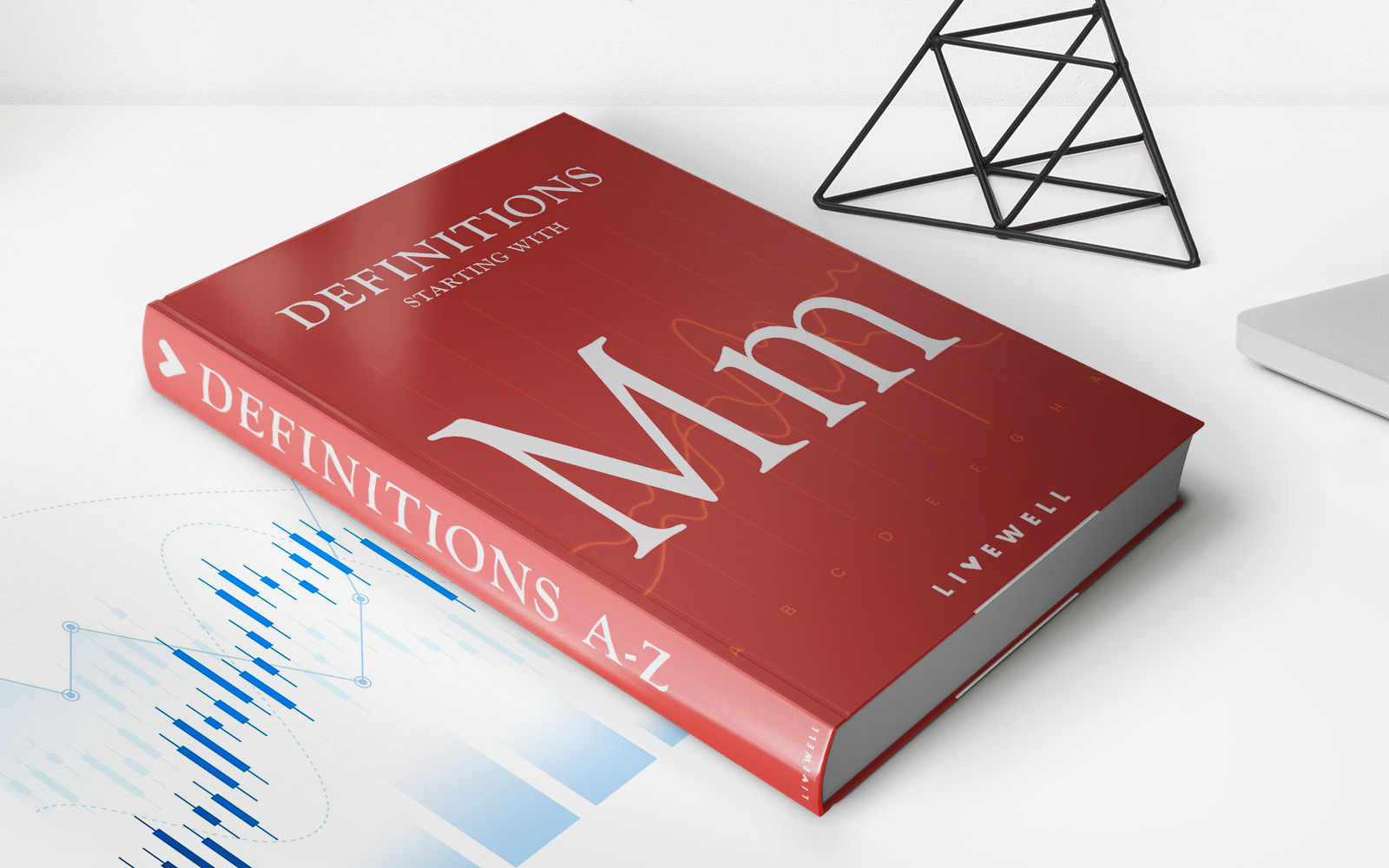

Finance
Major Pairs: Definition In Forex Trading And How To Trade
Published: December 21, 2023
Learn the definition of major pairs in forex trading and discover effective strategies to trade them. Enhance your finance skills and achieve profitable results in the financial market.
(Many of the links in this article redirect to a specific reviewed product. Your purchase of these products through affiliate links helps to generate commission for LiveWell, at no extra cost. Learn more)
Major Pairs: Definition in Forex Trading and How to Trade
When it comes to the world of forex trading, it’s important to understand the different currency pairs that are traded. One such category is known as major pairs, which are the most widely traded currencies in the forex market. In this blog post, we will explore the definition of major pairs and provide insights on how to trade them effectively.
Key Takeaways:
- Major pairs are currency pairs that include the US dollar (USD) and another major currency such as the Euro (EUR), British pound (GBP), Japanese yen (JPY), Swiss franc (CHF), or Canadian dollar (CAD).
- Trading major pairs can offer greater liquidity, tighter spreads, and more efficient execution.
What are Major Pairs in Forex Trading?
Major pairs in forex trading are currency pairs that have the US dollar (USD) as one of the currencies in the pair. These pairs are considered major because they represent the most widely traded currencies and have high liquidity in the forex market. The major pairs include the following:
- Euro/US dollar (EUR/USD)
- British pound/US dollar (GBP/USD)
- US dollar/Japanese yen (USD/JPY)
- Swiss franc/US dollar (CHF/USD)
- US dollar/Canadian dollar (USD/CAD)
How to Trade Major Pairs?
Here are some tips for effectively trading major pairs:
- 1. Understand the Economic Factors: Stay updated on economic news and events that can significantly impact the major currencies in the pair you are trading. Factors like interest rates, employment data, and political developments can affect currency values.
- 2. Analyze Technical Indicators: Use technical analysis tools like charts, trend lines, and indicators to identify potential entry and exit points. Technical analysis can help you make informed trading decisions based on historical price movements and patterns.
- 3. Pay Attention to Market Sentiment: Monitor market sentiment and investor behavior to assess the overall market outlook. Sentiment indicators, such as the Commitment of Traders (COT) report, can provide insights into market positioning and potential reversals.
- 4. Implement Risk Management Strategies: Set stop-loss orders to limit potential losses and take-profit orders to secure potential profits. It’s crucial to manage your risk effectively by using appropriate position sizing and adhering to your trading plan.
- 5. Practice with a Demo Account: If you are new to forex trading or want to test your strategies, it’s advisable to start with a demo account. This will allow you to gain practical experience without risking real money.
By understanding the definition of major pairs and implementing effective trading strategies, you can navigate the forex market with confidence and increase your chances of achieving successful trades.
Remember, education and continuous learning are vital for forex trading success. Stay updated with market trends, refine your trading skills, and adapt your strategies as needed. As with any investment, it’s important to be aware of the risks involved and only invest what you can afford to lose.
Trading major pairs can be an exciting and potentially lucrative venture when approached with the right knowledge and skills. With practice and discipline, you can make informed trading decisions and take advantage of opportunities in the dynamic forex market.
Disclaimer: The information provided in this blog post is for educational purposes only and should not be considered as financial advice. Always consult with a professional financial advisor before making any investment decisions.

